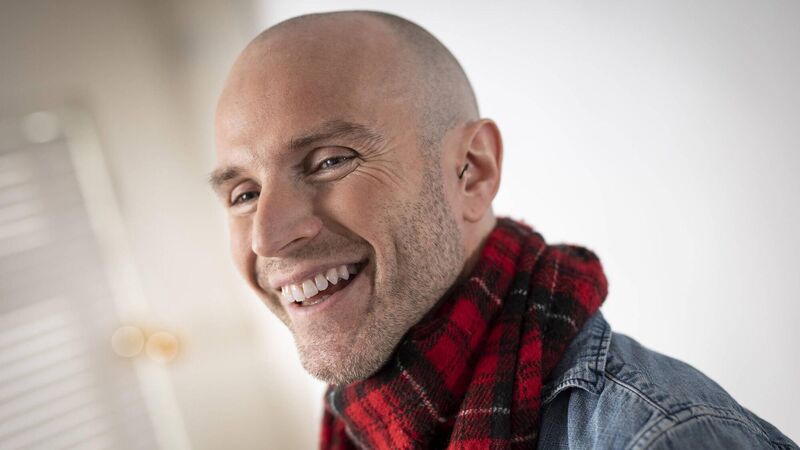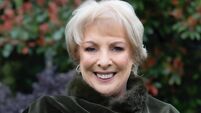Culture That Made Me: Tadhg Hickey on Ricky Gervais, Steve Coogan, and John Pilger

Tadhg Hickey will soon do a stand-up tour of Britain and Ireland, including Cork Opera House. Picture: Cathal Noonan
Tadhg Hickey, 40, grew up on College Road, Cork. He is a comedian, actor and writer. His razor-sharp political comedy stetches have amassed millions of views online.




